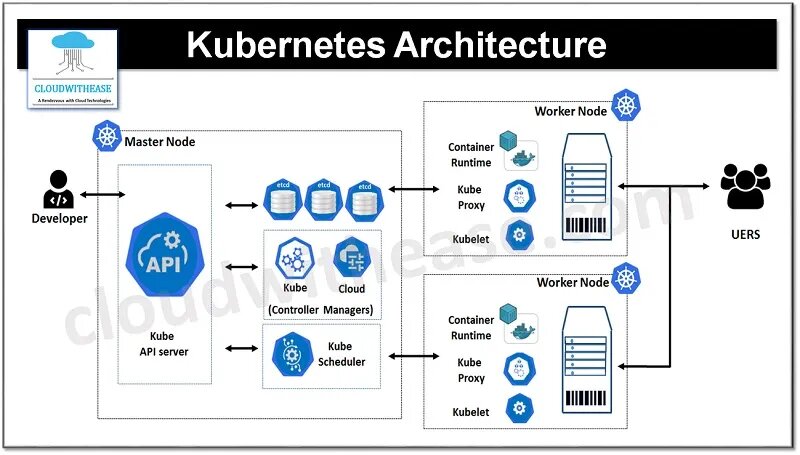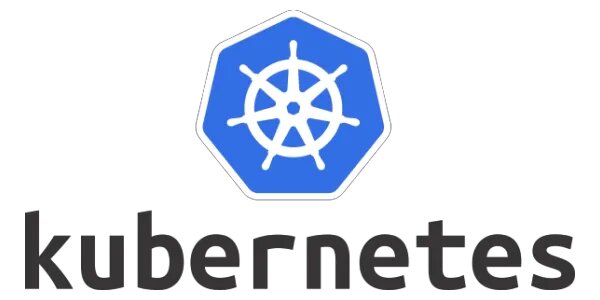Kubernetes is an open-source container orchestration platform that is rapidly becoming the industry standard for managing containerized applications in production. It simplifies the deployment, scaling, and management of containerized applications and services, making it an essential tool for modern IT operations. In this blog, we’ll explore the fundamentals of Kubernetes for administration and their use cases in the IT sector.
Kubernetes Fundamental for administrator
- Nodes: Nodes are the individual machines that make up a Kubernetes cluster, such as virtual machines or physical servers. They run containerized applications and services and communicate with the Kubernetes master to manage the cluster.
- Master: The Kubernetes master is responsible for managing the cluster’s state, scheduling applications and services, and scaling resources up or down as needed. It consists of several components, including the API server, etcd, and controller manager.
- Pods: Pods are the smallest unit of deployment in Kubernetes, representing one or more containers running on a single node. They are used to group containers that need to run together and share resources.
- Services: Services provide a stable IP address and DNS name for a group of pods, allowing them to communicate with each other and with external resources.
- Deployments: Deployments are used to manage the rolling updates and scaling of pods and services. They allow for easy management of the desired state of the application or service.
Use Cases in the IT Sector:
- Container Orchestration: Kubernetes simplifies the management of containerized applications and services, making it an essential tool for modern IT operations.
- Scalability: Kubernetes allows for easy scaling of resources up or down as needed, making it ideal for handling high-traffic workloads or sudden spikes in demand.
- High Availability: With features like automatic failover and self-healing, Kubernetes provides high availability for critical applications and services.
- Resource Optimization: By efficiently managing resource utilization, Kubernetes helps organizations save money on infrastructure costs.
- Hybrid and Multi-Cloud Deployments: Kubernetes allows for easy deployment and management of applications across hybrid and multi-cloud environments, making it an ideal solution for organizations with complex IT infrastructures.
Kubernetes Architecture

Conclusion
Kubernetes is an essential tool for modern IT operations, providing efficient container orchestration, scalability, high availability, and resource optimization. Its use cases in the IT sector include handling high-traffic workloads, hybrid and multi-cloud deployments, and critical applications and services that require high availability. As organizations continue to adopt containerization and cloud-native technologies, Kubernetes is becoming increasingly important as a platform for managing and scaling containerized applications and services. As such, it is essential for IT professionals to have a solid understanding of Kubernetes fundamentals for administration.

